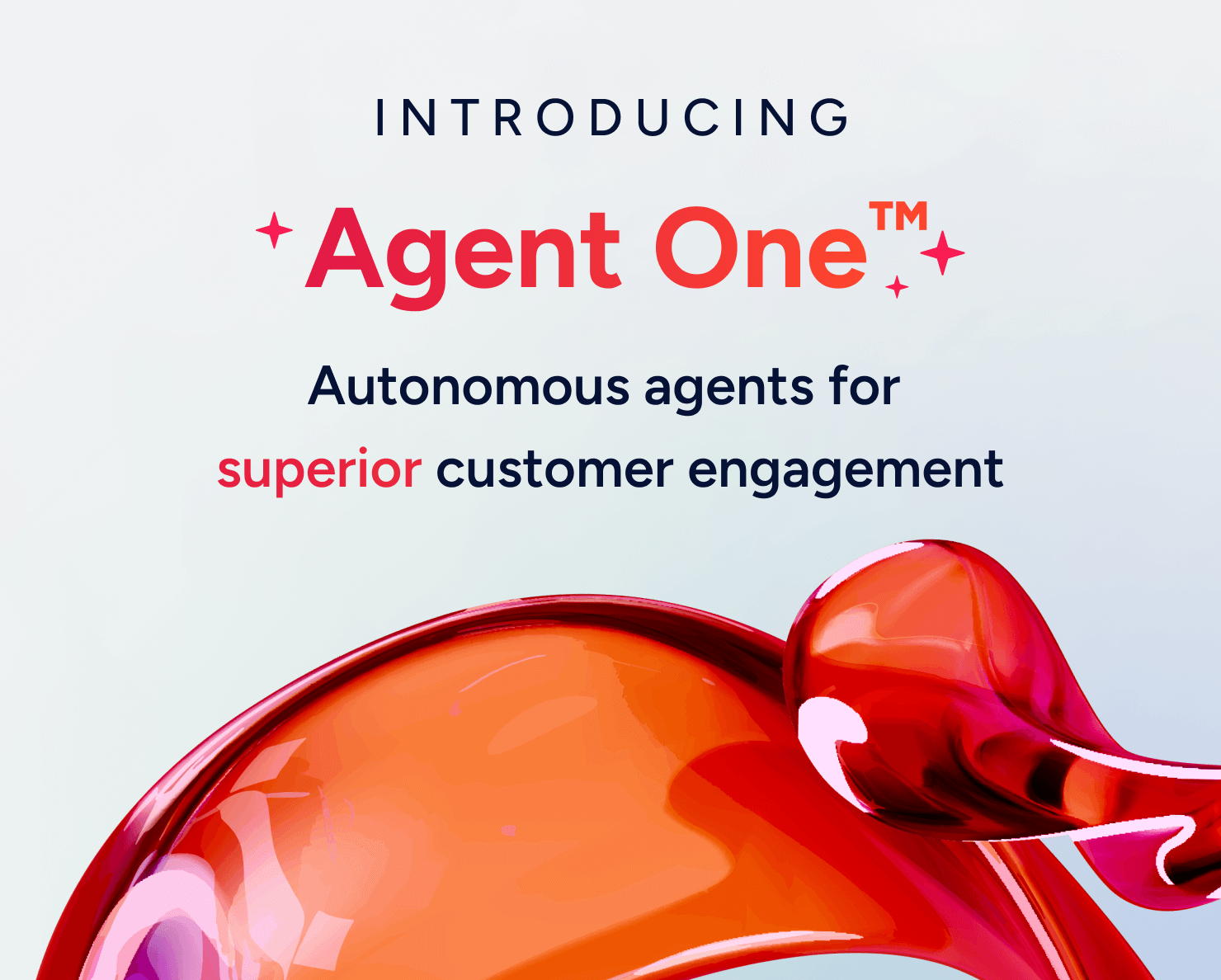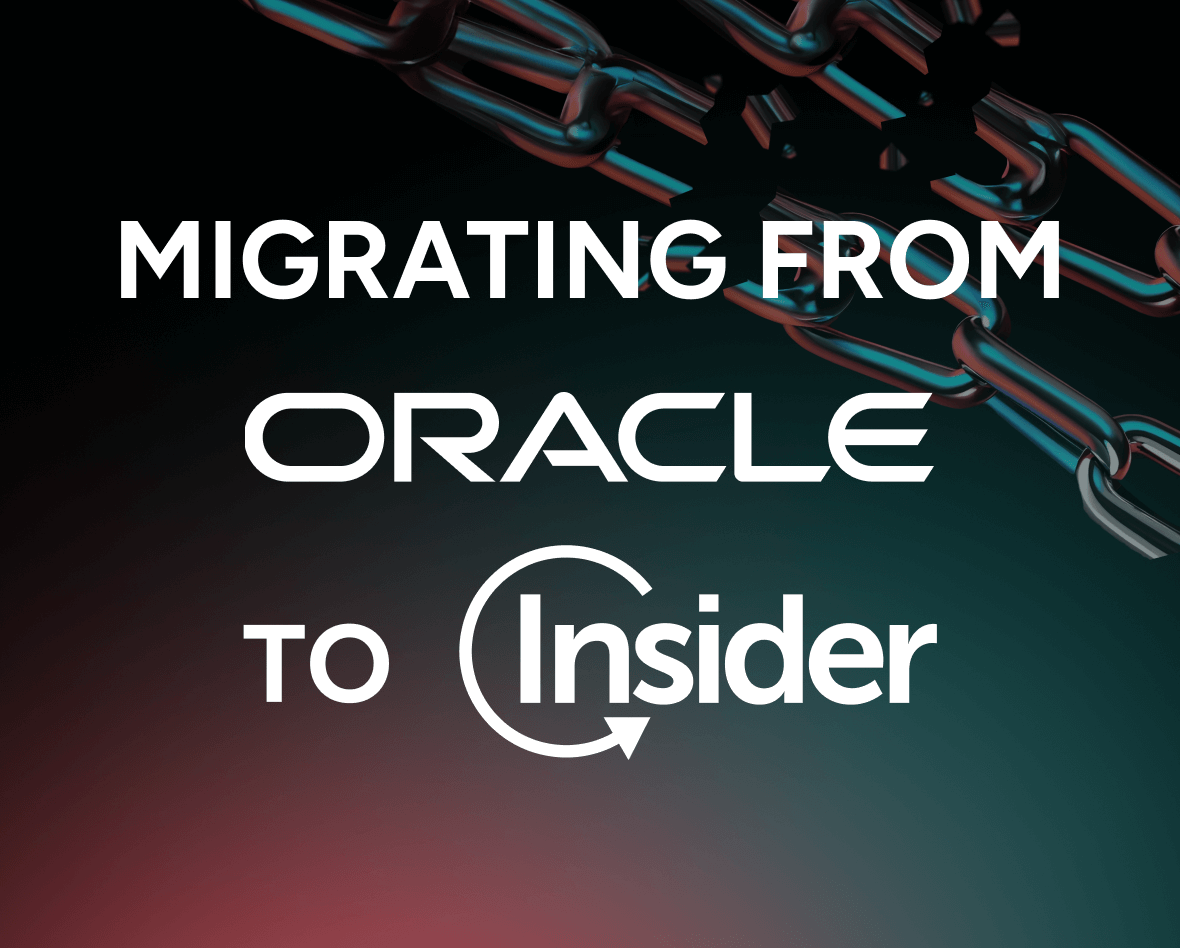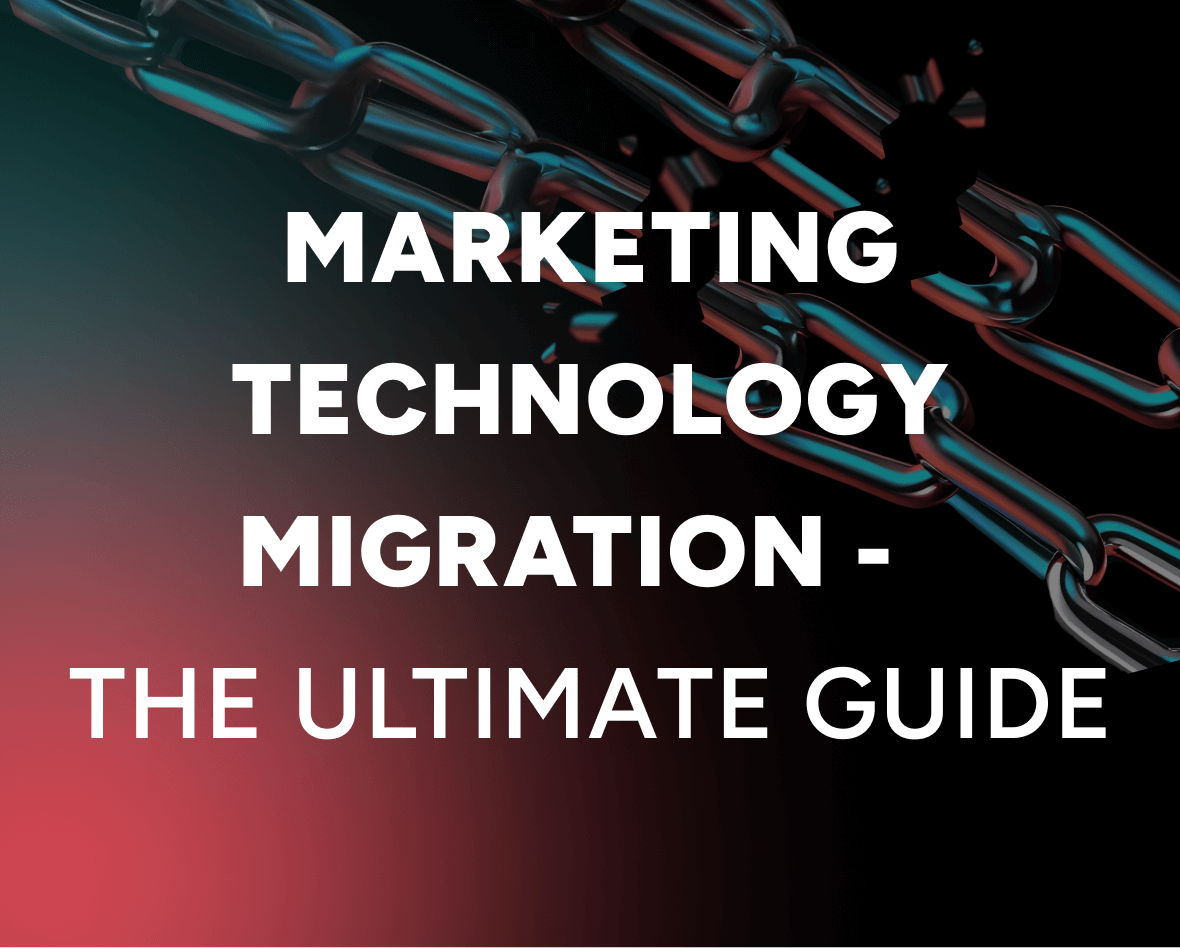Inspire Customers with Perfectly Designed Omnichannel Customer Experiences
Updated on 20 Nov 2025
Customers today expect more than just products or services; they expect experiences that feel seamless, relevant, and connected across every channel. Whether they’re browsing your app, interacting on social media, or visiting a store, they want every touchpoint to feel like part of a single, thoughtful journey.
Yet, only 29% of consumers feel brands consistently deliver this kind of experience, even though 71% say it’s what they expect. This gap presents a huge opportunity: brands that successfully orchestrate omnichannel experiences see dramatically higher engagement, loyalty, and revenue. Companies with strong omnichannel strategies can retain up to 89% of their customers compared to just 33% for less connected brands.
In this article, we’ll explore what makes an effective omnichannel customer experience, why it matters, and how you can craft personalized, consistent journeys that truly inspire your customers, all while leveraging Insider’s platform to simplify and scale the process.
What is an omnichannel customer experience?
Omnichannel marketing emphasizes seamless integration and consistency across all channels and touchpoints throughout the customer journey.
Unlike multichannel marketing, which involves maintaining multiple independent channels, omnichannel marketing focuses on providing customers with a unified and cohesive experience across every touchpoint, whether social media, Email, App, SMS, Web, or offline channels.
Why omnichannel marketing matters?
Coming up are three reasons why you need to incorporate omnichannel marketing into your strategy.
- You can easily meet customer expectations across all channels
80% of US consumers say speed, convenience, knowledgeable help, and friendly service are crucial for a positive customer experience.
Omnichannel marketing addresses these needs by ensuring customers receive a consistent and seamless experience wherever they engage with your brand. This consistency is essential for maintaining customer satisfaction and loyalty.
- You can increase your revenue
The omnichannel approach encourages customers to engage with a brand across multiple touchpoints and channels. By providing a seamless experience across channels, brands can increase the likelihood of purchase and motivate customers to purchase.
- You can create seamless journeys
Integrating various channels into a cohesive customer journey is critical to omnichannel marketing. This approach ensures that messaging, branding, and the customer experience are consistent and relevant throughout the lifecycle.
3 key benefits of omnichannel customer experiences
Now you understand how important an omnichannel customer experience is, here are some of the key benefits you’ll experience from adopting it:
1. Improved customer engagement
Engaging customers effectively means reaching them with the right message at the right time on the right channel. An omnichannel strategy allows you to reach customers across their preferred channels, maximizing engagement opportunities to build stronger relationships and improve engagement metrics.
For example, one of the world’s most established sports brands, Slazenger, wanted to improve customer experience to engage customers better and improve the ROI from its martech stack.
Insider’s AI-backed customer journey orchestrator, Architect, enabled them to create powerful, personalized, contextual messages and engage its customers across multiple channels, including Web Push, SMS, and Email, to achieve 49X ROI within just two months and increase in customer acquisition by 700%.
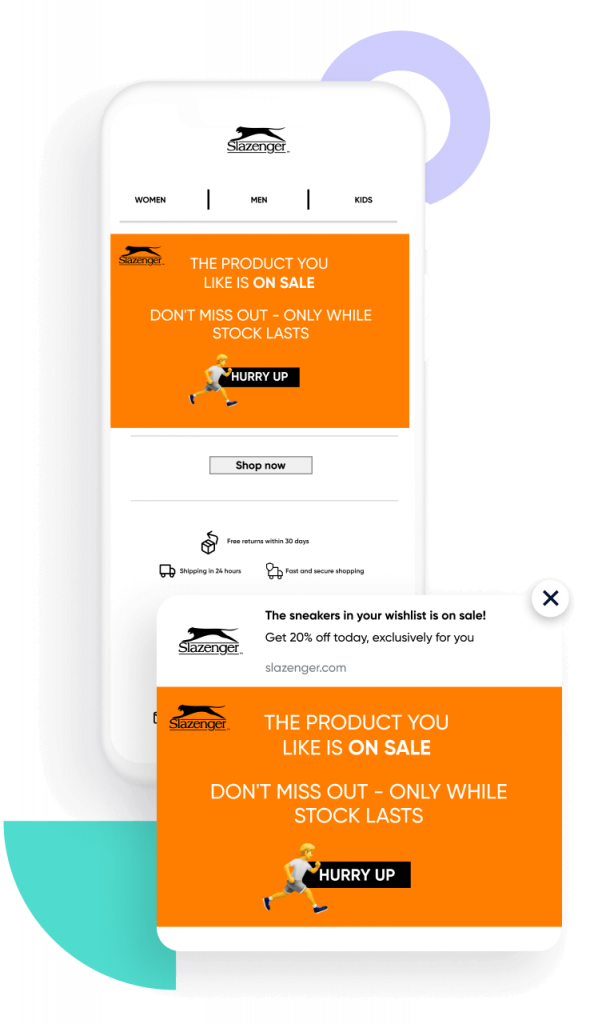
2. Enhanced customer satisfaction
Omnichannel customer experiences enable customers to seamlessly transition between channels without losing context. Customers feel more seen, heard, and valued with the same customer experience across channels from email to SMS to WhatsApp. This helps build stronger brand love, improves satisfaction, increases loyalty, and leads to higher customer retention.
3. Leverage data-backed insights
Omnichannel customer experiences provide valuable insights into customer behavior, preferences, and purchasing patterns when you consolidate the channels into a single customer data platform (CDP). Businesses can understand customers better and optimize marketing strategies by unifying and analyzing data.
4 components of an effective omnichannel strategy
There are four key components to delivering an effective omnichannel customer experience: unified customer data management, simple martech integration, customer journey mapping, and reporting. Let’s take a look at each component in more detail…
1. Unified customer data management
Collecting, integrating, and leveraging customer data effectively is central to any omnichannel strategy. Businesses need a robust CDP that consolidates data from multiple channels and touchpoints into a single, comprehensive platform to get a 360-degree view of the customer. This unified data enables businesses to personalize interactions, anticipate customer needs, and deliver relevant content across all channels.
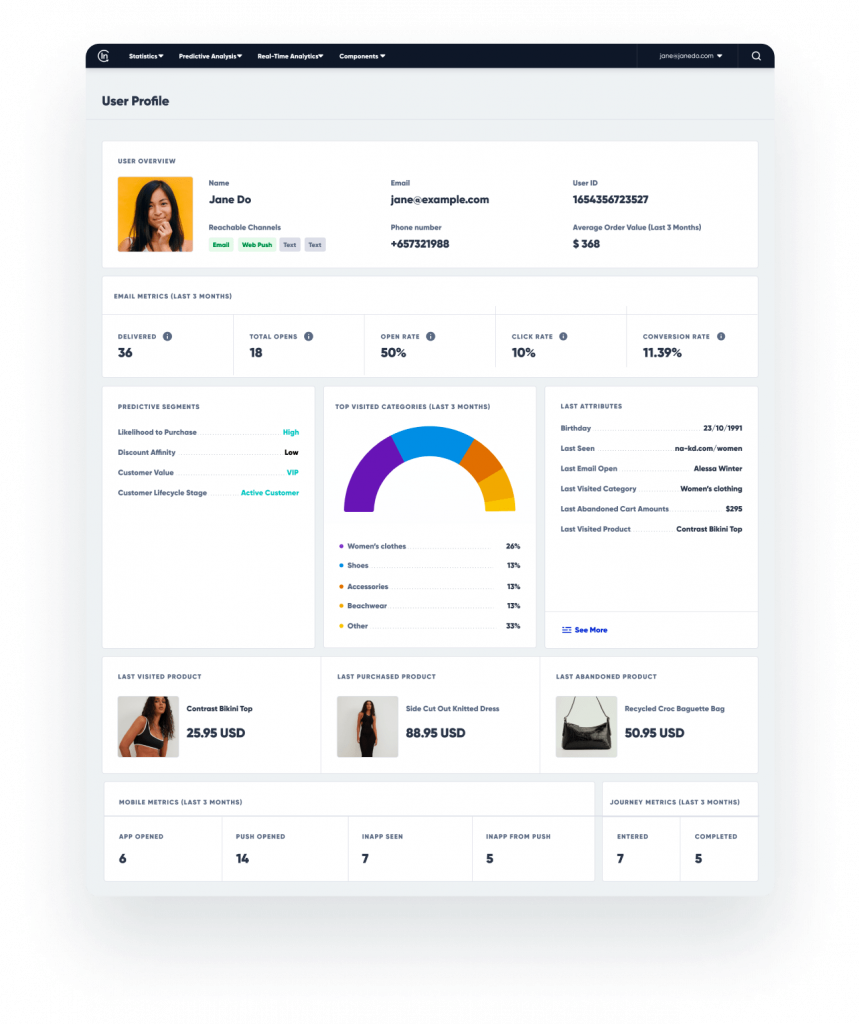
2. Simple martech integration
With the omnichannel strategy that enables easy integration, you can collect data from all these channels in one place and then use that data to build a more personalized omnichannel strategy.
3. Customer journey mapping
The best omnichannel journeys are created when you know your audience and can predict their actions. Using customer journey software empowers marketers to map out journeys by identifying key touchpoints, pain points, and opportunities for engagement. It’s important because it’s the best way to understand your customers across their buying journeys allowing brands to observe the obstacles and streamline the process to make it more efficient and intuitive.
3. Reporting
Leverage real-time analytics and insights to track customer interactions, measure campaign effectiveness, and identify trends and patterns. This data-driven approach enables businesses to make informed decisions and redefine their strategies.
Best practices for implementing an omnichannel strategy
From having the right mindset to leverage the best solutions, here are some best practices to maximize the success of your omnichannel strategy.
Start with a customer-centric mindset
Understanding your customer’s preferences, behaviors, and pain points across different channels is key to the success of omnichannel experiences. Conduct thorough research, collect data, and use an omnichannel customer engagement platform to build detailed customer personas for your journeys.
Insider’s CDP creates unified profiles for known customers, i.e., those who have shared contact information with your brand. These profiles contain some key information, including:
- Visited pages
- Products they’re interested in
- What attributes they’re considering (colors, sizes, prices, etc.)
- And much more.
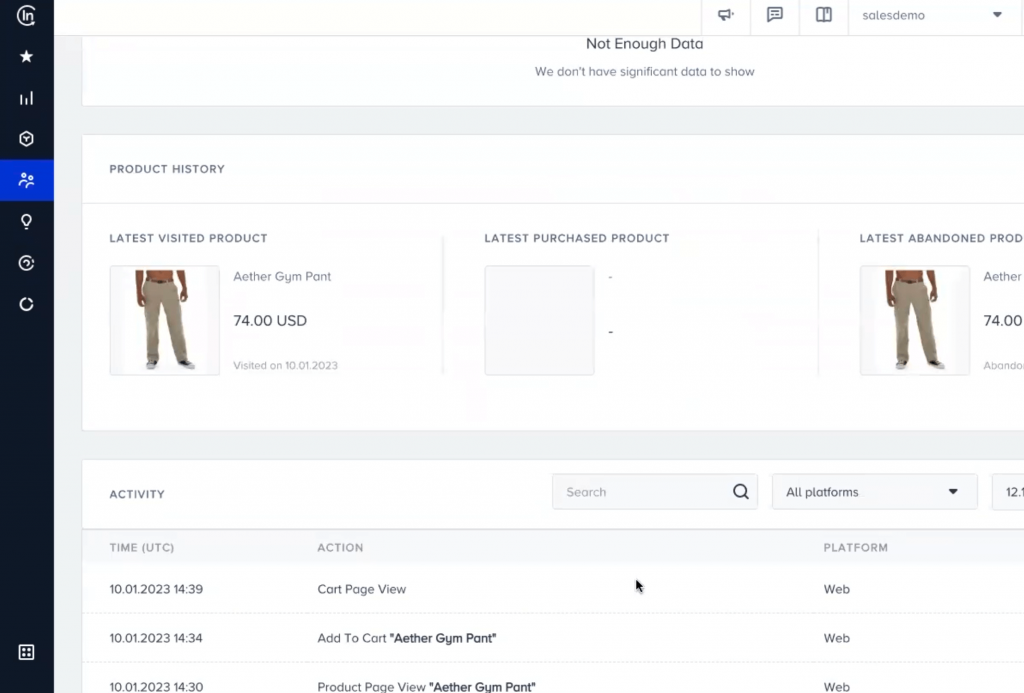
Reduce learning curves with an intuitive, easy-to-use omnichannel journey builder
Marketers can’t afford to spend hours learning a new product, so you should find one that’s easy to use. When selecting an omnichannel platform, ensure an intuitive interface enables you to easily map out and visualize the customer journey across every channel.
Personalization capabilities
76% of consumers say they’re more likely to purchase from brands that personalize the experience. Choose an omnichannel platform with personalization capabilities to maximize your journeys’ impact with contextual, relevant content.
For example, European airline, Pegasus, used Insider’s Predictive Ad Audiences to create lazer-focused segments and deliver hyper-personalized journeys for each customer. The airline targeted those who were most likely to convert, and by targeting only those with a high likelihood of conversion, the brand saw a 17% increase in ROAS.
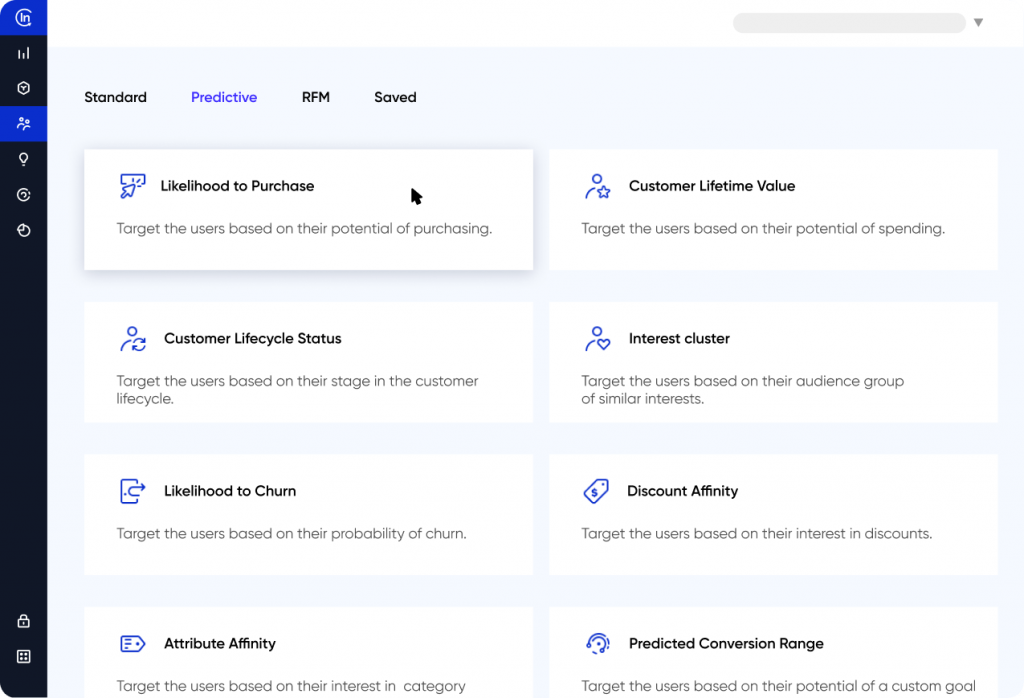
Optimize for mobile
The mobile commerce market is estimated to reach US$2.8825 trillion by 2026.As consumers spend more time on their phones, they value the convenience of ticking off their ever-increasing online shopping list wherever they are, so optimizing your omnichannel strategy for mobile users is essential. Ensure your website, emails, apps, and other digital assets are mobile-friendly to maximize conversions.
Get started with Insider
Insider is a single platform for crafting personalized, cross-channel experiences that empowers enterprise marketers to unify customer data across channels and systems, anticipate future behavior through an AI-driven intent engine, and construct tailored customer journeys. Marketers leverage Insider’s platform to orchestrate consistent and captivating interactions across Web, App, Web Push, Email, SMS, WhatsApp Commerce, and beyond.
Insider empowers marketers with familiar and trusted tools by enabling brands to seamlessly connect, centralize, and expand their operations at scale. With integration options spanning over 20 categories, including CRM, Analytics, Ads, Social Media, and more. Insider facilitates rapid implementation, allowing marketers to hit the ground running like never before.
Find out more
Book a demo today to learn how Insider can help drive stronger results.
FAQ
To improve the omnichannel customer experience, businesses can focus on seamless integration across all channels, personalized interactions based on customer data, and consistent messaging and branding throughout the customer journey.
A good omnichannel customer experience provides customers with a seamless and cohesive experience across all touchpoints, whether online or offline. It involves personalized interactions, easy channel navigation, and consistent communication that anticipates and meets the customer’s needs at every step.

